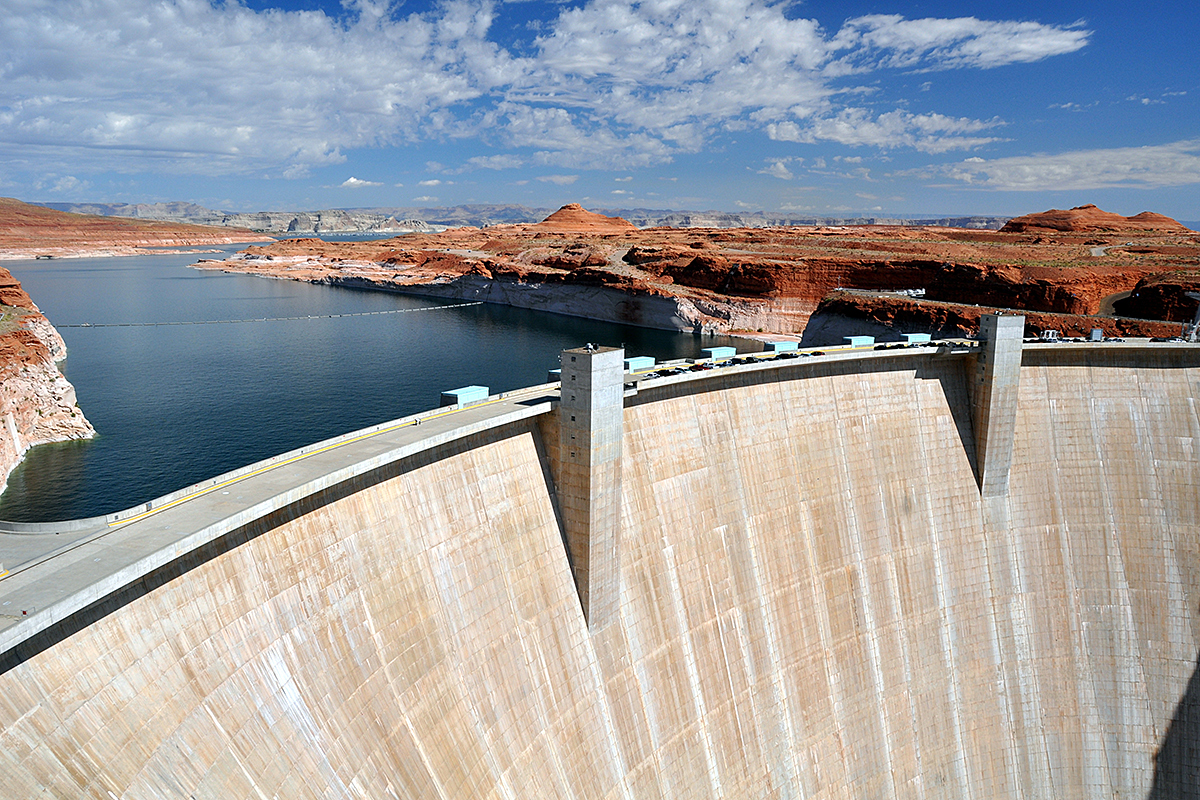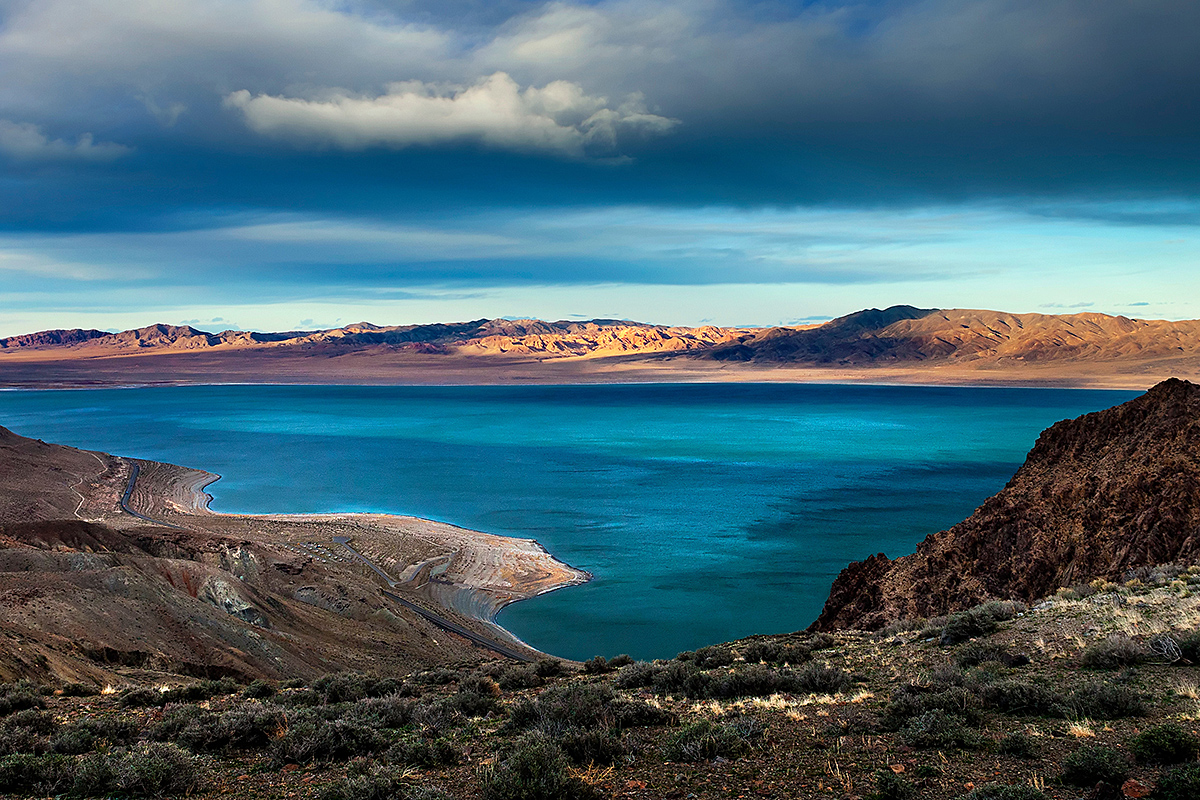
In a significant move to protect Nevada’s water future, the state has officially launched the Nevada Voluntary Water Rights Retirement Program –a ten-year initiative designed to reduce groundwater overuse and protect fragile ecosystems. Building on a 2023 pilot program, this new innovative effort, passed during the 2025 Nevada Legislative Session, offers a collaborative, long-term solution to one of Nevada’s most pressing environmental and legal challenges: managing limited water resources before conflicts arise.
Background
Many of Nevada’s groundwater basins are over-allocated, meaning more water rights have been granted than the available sustainable supply. In some regions, water use has exceeded what’s naturally available, causing groundwater levels to fall and threatening local communities, farms, and ecosystems.
While the Nevada State Engineer and the Division of Water Resources have tools to address overuse, those legal approaches can be harsh and often lead to drawn-out court battles. Recent efforts to reform state water laws have faced opposition, making it difficult to find consensus on how to fix the problem.
To test a new approach, the Nevada Legislature passed SB 176 during the 2023 session, using a portion of Nevada’s American Rescue Plan Act (ARPA) funding to create a water rights buyback pilot program. The goal was to purchase water rights from willing sellers in areas where pumping exceeds the sustainable supply or causes conflict between water users, particularly between groundwater and surface water users.
This pilot, known as the Nevada Water Conservation and Infrastructure Initiative (NWCII), solicited applications from willing sellers, and the interest was valued at approximately $65 million, far more than the available funding. Ultimately, through the NWCII program, approximately 25,000 acre-feet of groundwater were retired statewide.
The program showed real benefits, not only by helping groundwater supplies recover but also by improving connected surface water systems. One example: the Walker Basin Conservancy (WBC) used NWCII and federal funding to purchase irrigation rights in the Walker River system, where groundwater use directly affects river flows. This strategic combination of funding helps restore water to Walker Lake while reducing strain on the river.
The strong response and visible results from the pilot program highlighted the need for a longer-term solution, which led lawmakers to take further action in 2025.
2025 Nevada Legislative Session
Lawmakers introduced two bills during the 2025 session to establish a permanent, voluntary water rights retirement program.
The first of these bills, Assembly Bill (AB) 104, created the official Voluntary Water Rights Retirement Program and a special account to fund water rights purchases. Under the program, the State Engineer can buy certificated or decreed water rights from willing sellers –but only if the rights come from over-appropriated basins (where no new water rights are being issued), or if retiring them would protect natural resources, address falling groundwater levels, or reduce conflicts with other water users.
To prevent state money from being spent on unused or “paper” water rights, AB 104 includes restrictions on what types of rights can be purchased. However, the law does not allocate funding to the program and is set to expire after the 2035 fiscal year.
SB 36, a companion bill, also created a similar program and account, with the same eligibility criteria for water rights purchases. It adds the option for water rights holders to donate their rights instead of selling them. SB 36 also ensures that only properly certified and decreed rights – those proven valid and beneficial – can be retired under the program.
Looking Ahead
Recognizing the need to manage Nevada’s most precious natural resource, particularly in areas where the rights to use the water far exceed the available supply, has been vital to generating support for the program.
This, coupled with willing sellers, may avoid the otherwise draconian alternatives to achieve sustainable water use in those areas that are heavily impacted by over-pumping. However, the program will only be truly successful with funding, which remains a challenge, as the legal framework has been established, but no funding has been allocated to support the program.
~
Micheline Nadeau Fairbank is Of Counsel at Fennemore’s Reno office, practicing in the Business Litigation and Natural Resources groups. She advises clients on managing and resolving complex legal matters, including water rights and natural resource issues, drawing on a broad civil litigation background that includes both trial and appellate experience. She can be reached at mfairbank@fennemorelaw.com.




